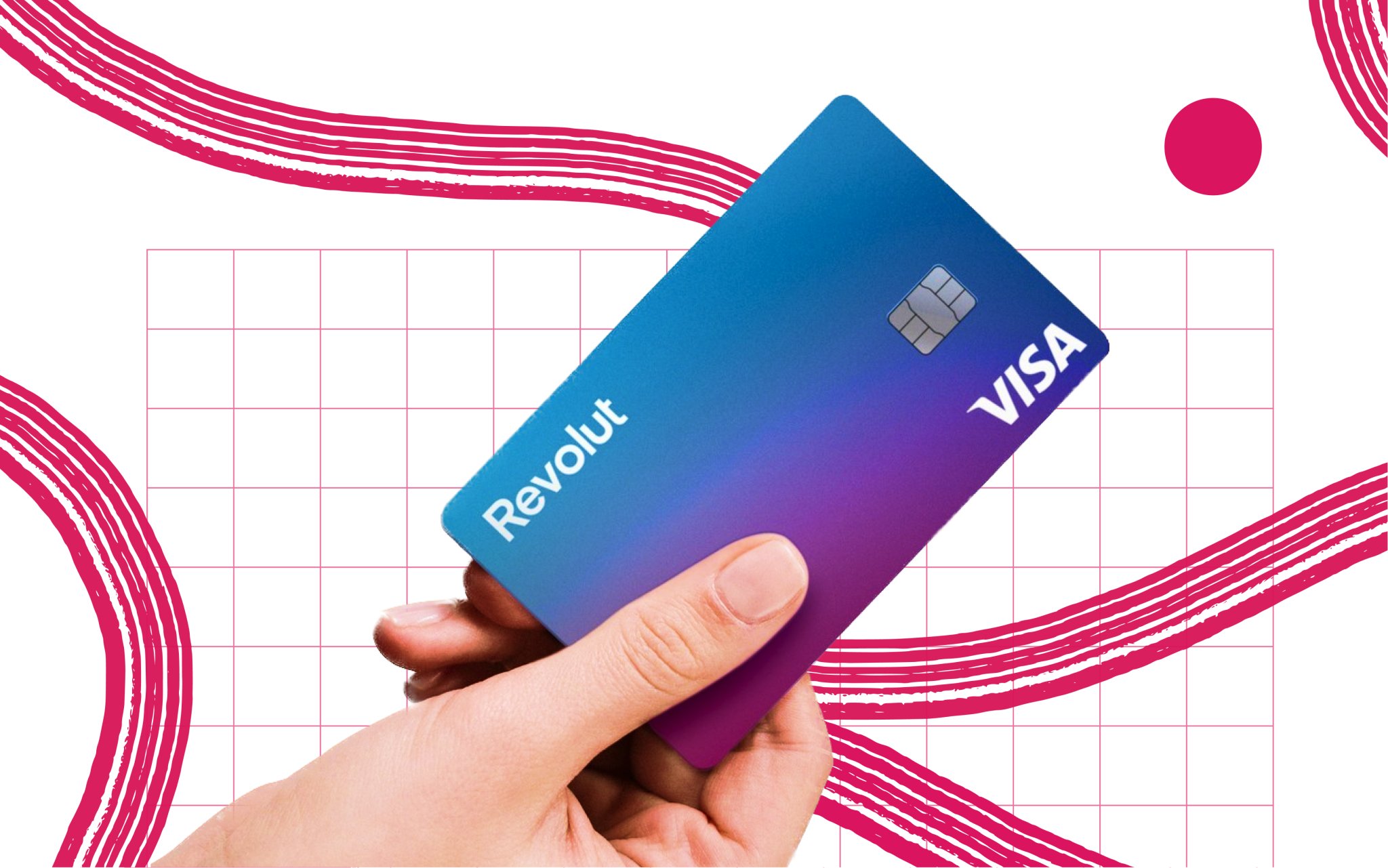Deblock, a crypto wallet built by former Revolut and Ledger execs, has raised an extra £13.3m in seed funding according to Companies House filings this month. Another October filing indicated that Headline, Hoxton, 20VC and Chalfen were lead investors in the round. Sifted previously reported the startup had quietly raised €12m last year.
Former Revolut head of crypto Jean Meyer, head of payments Aaron Beck alongside Ledger’s ex-head of engineering Mario Eguiliuz founded Deblock in August 2022. Later that year, the startup poached Adriana Restrepo, the chief operating officer of Revolut’s European banking operations, as its fourth founder. Deblock CEO Jean Meyer declined to comment on the funding round.
The company is part of a growing list of startups to emerge from Revolut, which was ranked as Europe’s second most productive “fintech founder factory” in a recent report by Accel and Dealroom.
What are they working on?
Deblock operates a crypto wallet that aims to meld the worlds of digital assets and traditional finance together. It does this by offering a “noncustodial” crypto wallet, which requires customers to hold a unique, alphanumeric code known as a “private key” to deposit, exchange and withdraw crypto holdings. Crypto proponents claim that it ensures your crypto assets stay safe as there’s no central authority that controls the system.
The fintech also offers services more familiar to the traditional finance crowd. Banking features include the ability to cash out their crypto holdings into euros as well as a bank account linked to both physical and virtual debit cards that can be integrated with Apple Pay. Along with a free, basic membership, the fintech also offers two paid schemes; a premium plan which costs €14.99 and a “Native” plan which requires the purchase of a non-fungible token (NFT).
According to its website, the Deblock app is currently only available in France where it’s regulated both as an E-money institution and a digital asset service provider.
Crypto’s comeback era
Since its founding in 2022, Deblock has had to shoulder building through a tumultuous period for the digital asset industry. Following the collapse of the once-reputable crypto exchange FTX in November 2022, the sector saw global investment into crypto startups plunging from $21.2bn in 2022 to $4.1bn in 2024.
Since then, however, it’s shown signs of rejuvenation following the approval of eleven bitcoin exchange-traded funds (ETFs) by the US Securities and Exchange Commission in January 2024, enabling direct consumer exposure to the world’s first cryptocurrency.
More recently, the result of the US election earlier this month was also seen as a stamp of approval on the institutionalisation of the sector. During the campaign trail, president-elect Donald Trump committed to creating a regulatory framework supportive of the industry. Following his election, the price of bitcoin — a barometer for the health of the wider crypto industry — reached a new peak of over $90k.



